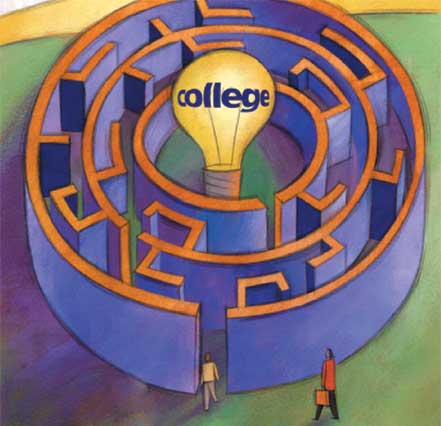California Community College Board Votes for New Enrollment Policies

The California Community College Board of Governors voted recently to alter enrollment policies by 2014 to provide students on track to graduate with an upper hand towards enrollment. The final vote prioritizes students who are academically promising over those with more than 100 units.
The demand for community college classes in California is at an all-time high. The recent budget cuts have spawned a domino effect of restrictions. Community colleges have reduced course offerings by 15 percent since 2008. On Monday, the board of governors also passed a limit on recreational courses. The staggering conditions have caused enrollment rates to drop by 300,000, according to the Chancellor's Office. Remaining students will find it even harder to enroll for classes.
On July 9th, 2012, as part of the recommendations of the Student Success Task Force, the board of governors voted on modifications to the Title 5 amendments in regard to enrollment priories. The new enrollment policies would remain roughly the same with one change in particular. The earliest slots would be designated to active-duty military, veterans, and foster youth. The second slot would go to students with disabilities or those in Extended Opportunities Programs. The third slot would change. Students who have attended orientation, completed their assessments, and have provided an academic plan would follow. Students in good academic standing and less than 100 units would also be considered. The last slot would be designated for students on academic probation and more than 100 units.
In addition to the enrollment policy change, the Board of Governors passed regulation on the retake of classes. The new regulation will prevent students from being able to repeat a course that they have already completed. Students were previously allowed to retake a class up to four times. Community colleges seek to provide academically promising students with course offerings suitable to their demands. This new regulation would take effect by the fall of 2013.
The Student Success Task Force, a coalition of 21 members ranging from directors, politicians, and professors came about in early 2011. The Task Force provided the Board of Governors with a set of recommendations that would refocus the California educational system in efforts to provide students with the resources for success.
The final adoption by the board of governors will take place in September.



